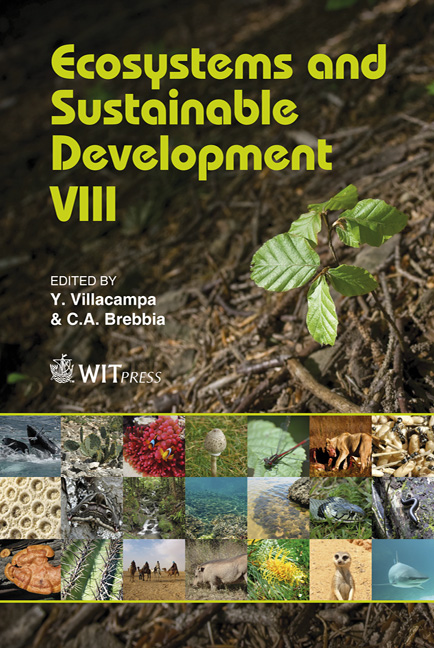Negotiations Over Mineral Extraction Titles With Bilateral Asymmetric Information: The Case Of Developing Countries
Price
Free (open access)
Transaction
Volume
144
Pages
12
Page Range
231 - 242
Published
2011
Size
2,413 kb
Paper DOI
10.2495/ECO110211
Copyright
WIT Press
Author(s)
R. D Mounanga Mabiala & C. Yang
Abstract
Why do negotiations between governments of developing countries and multinational mining companies often yield inefficient trade over acquisitions of mineral extraction titles? Adverse selection is one of the main reasons. When the terms of contracts are prepared on the basis of erroneous information, the resulting contract will be inefficient. This paper presents a theoretical model of negotiations over mineral extraction titles with bilateral asymmetric information; where a mining extraction title is negotiated between a developing country’s government and a multinational mining company. When both the mine owner and the mine operator have private information at the time of trading, and when each contracting party has a continuous distribution of types, with strictly positive density function, trade inefficiency is the inevitable result. However, it is still possible to reduce the inefficiency if the agents’ valuations are traded at auction, or if they resort to arbitration. Therefore, as a second-best optimal contract, two strategies remain possible; the simple double auction or the final offer arbitration. In both strategies, the average price bid amount is the optimal result of the negotiation. Keywords: mineral extraction titles, adverse selection, contract inefficiency, second-best outcome, final offer-arbitration, double auction. 1 Introduction A bilateral contract is an agreement in which each of the parties to the contract makes a promise to the other party. Adverse selection may arise, when both parties have private information, and then each are imperfectly informed about the characteristics of the other party. In this paper, the complete analysis of negotiation will take into account the following requirements. Firstly, we assume that the mining firm has access to more information than the mine owner about the resource stock level, the nature of the ores extracted, the diversity of mineral composition, and the quality of the resource. Secondly, we assume that the mine owner’s specific context is about his commitment. He may or may not commit himself to the concession contract proposed to the mine operator. Thirdly, we suppose that the agents’ valuation for the non-renewable resource is equal to their expected mining revenue. Therefore
Keywords
mineral extraction titles, adverse selection, contract inefficiency, second-best outcome, final offer-arbitration, double auction





